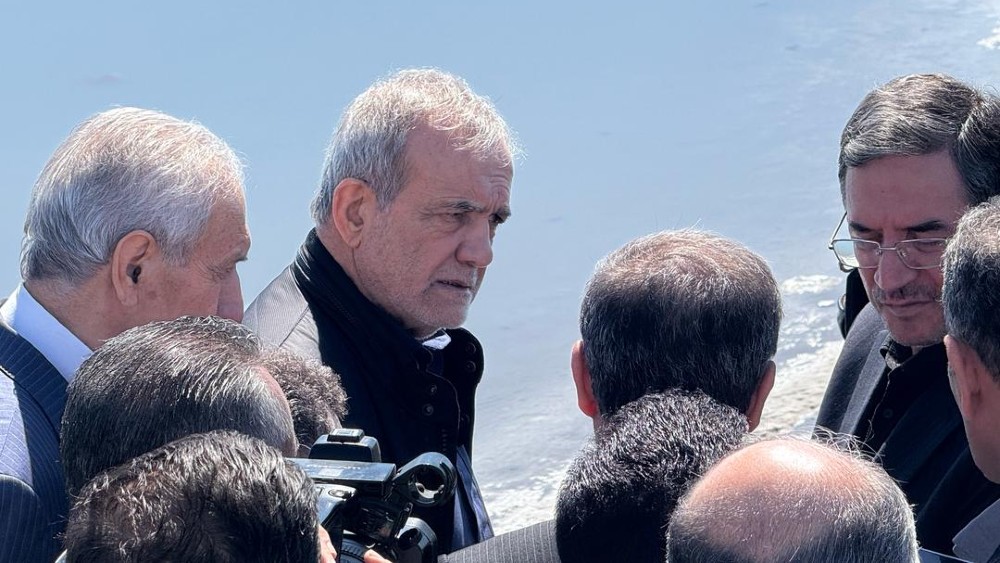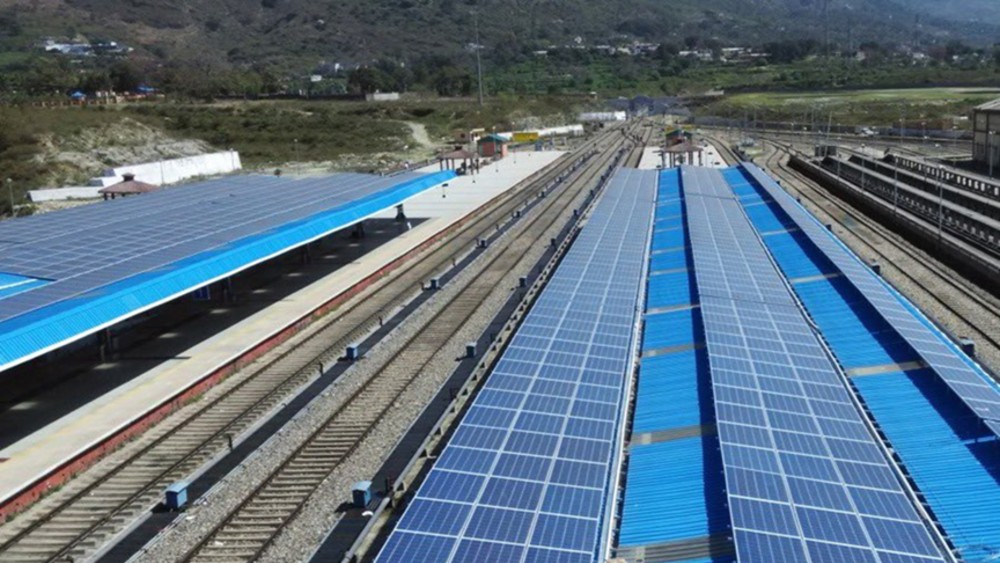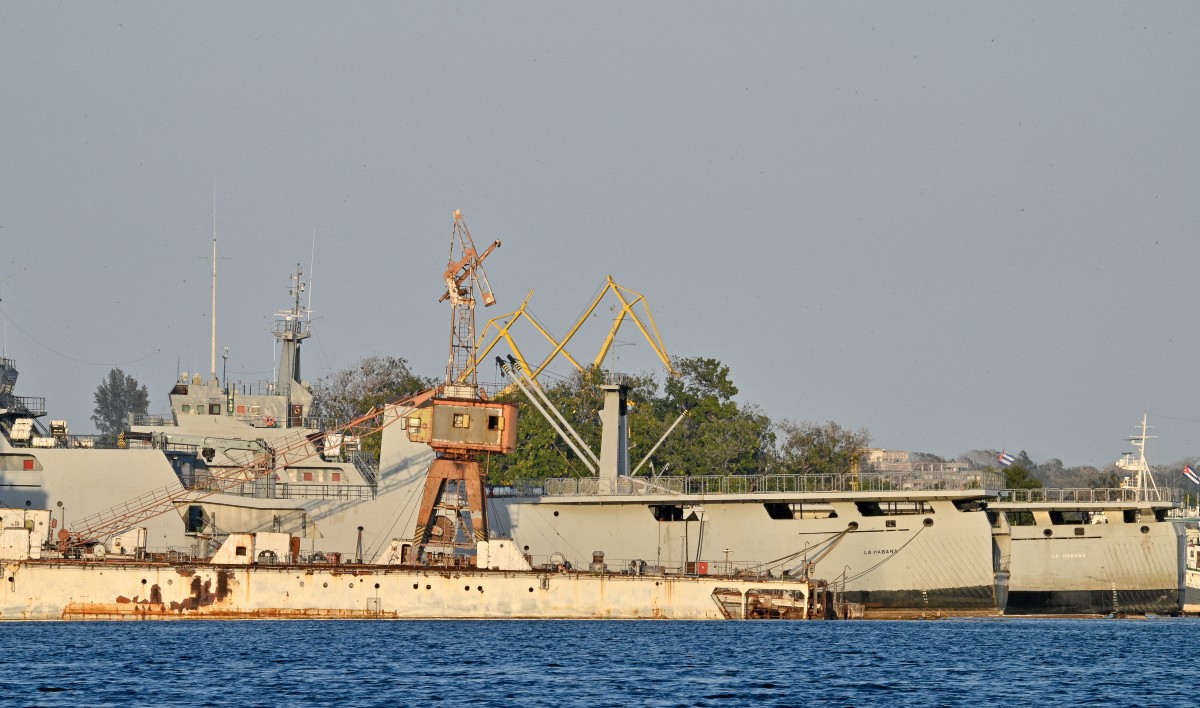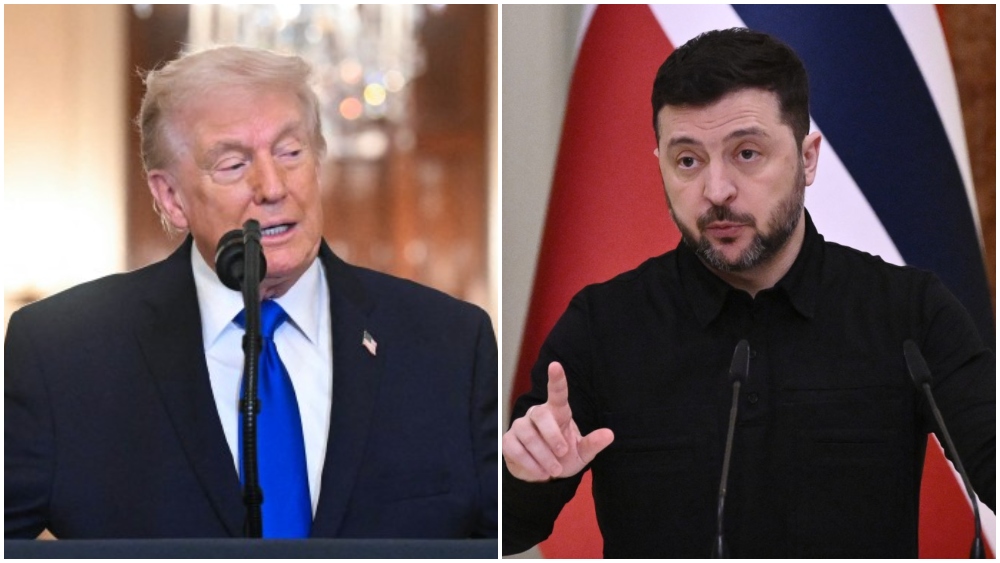ISLAMABAD: The inaugural Inter-Parliamentary Speakers’ Conference (ISC) opened in Islamabad on Tuesday, bringing together parliamentary representatives from more than 40 countries to discuss peace, security and sustainable development.
The two-day forum aims to foster dialogue and cooperation among global parliamentary leaders on shared economic, political and security challenges.
Founding Chairman Yousaf Raza Gilani, opening the session, emphasized that peace, security and development are inseparable pillars of progress. “Without peace, nations cannot build. Without development, peace remains fragile,” he said.
Gilani noted that the ISC is designed to provide a platform for lawmakers to exchange ideas, strengthen cooperation and address emerging global issues.
The agenda for this year focuses on advancing sustainable development, enhancing cooperation on peace and security, and tackling economic and health challenges.
Prime Minister Shehbaz Sharif delivered the keynote address, urging collective global action amid rising geopolitical tensions and widening economic disparities. “We must rise above divisions and collaborate for a more secure and stable world,” he said.
Sharing Pakistan’s recent security experiences, the prime minister referred to what he described as “unprovoked aggression” from India in May, saying the country’s armed forces “demonstrated Pakistan’s resolve to defend its sovereignty and territorial integrity.”
He stressed that while the conflict was deterred, “having won the war, we need to win peace through sincere and honest efforts.”
Sharif highlighted the importance of stability in Afghanistan for regional connectivity and growth.
He said Pakistan responded “firmly and decisively” to recent attacks on its border posts, while reaffirming Islamabad’s continued commitment to a peaceful neighbourhood. Sharif also noted ongoing mediation efforts by Türkiye and Qatar, adding that lasting peace in Afghanistan requires curbing militant groups operating from its territory.
Discussing economic cooperation, the prime minister pointed to the China-Pakistan Economic Corridor’s second phase and Pakistan’s commitment to multilateral partnerships with the European Union, United States, Japan, Saudi Arabia and others. Parliaments, he said, remain “custodians of the people’s will” and must strive to improve lives through collective action.
“My ultimate hope is that the peoples of all nations will stand united in promoting peace, advancing sustainable development and strengthening collective security,” he said.
Addressing the conference via video link, Inter-Parliamentary Union (IPU) Secretary-General Martin Chungong said meaningful progress on peace and development “cannot be achieved without the collective action of all nations,” urging parliaments to lead these efforts.
ISC Ambassador Misbha Khar described the gathering as a crucial step toward prioritizing dialogue over division, while ISC Secretary-General E.K. Nath Dhakal underscored the necessity of global cooperation to address climate change and food insecurity.
Gilani also referenced ongoing global conflicts, including in Gaza, Sudan and Kashmir, stressing the vital role of parliamentary diplomacy. He called for an expanded concept of security, one that incorporates economic stability, food and environmental resilience, and digital integrity.
Highlighting Pakistan’s contributions to UN peacekeeping and its counterterrorism efforts, Gilani urged delegates to move beyond rhetoric. “Leadership is about the strength of one’s convictions, the ability to endure the punches, and the energy to promote an idea,” he said, quoting former prime minister Benazir Bhutto.
The conference continues Wednesday with thematic sessions and multilateral discussions.

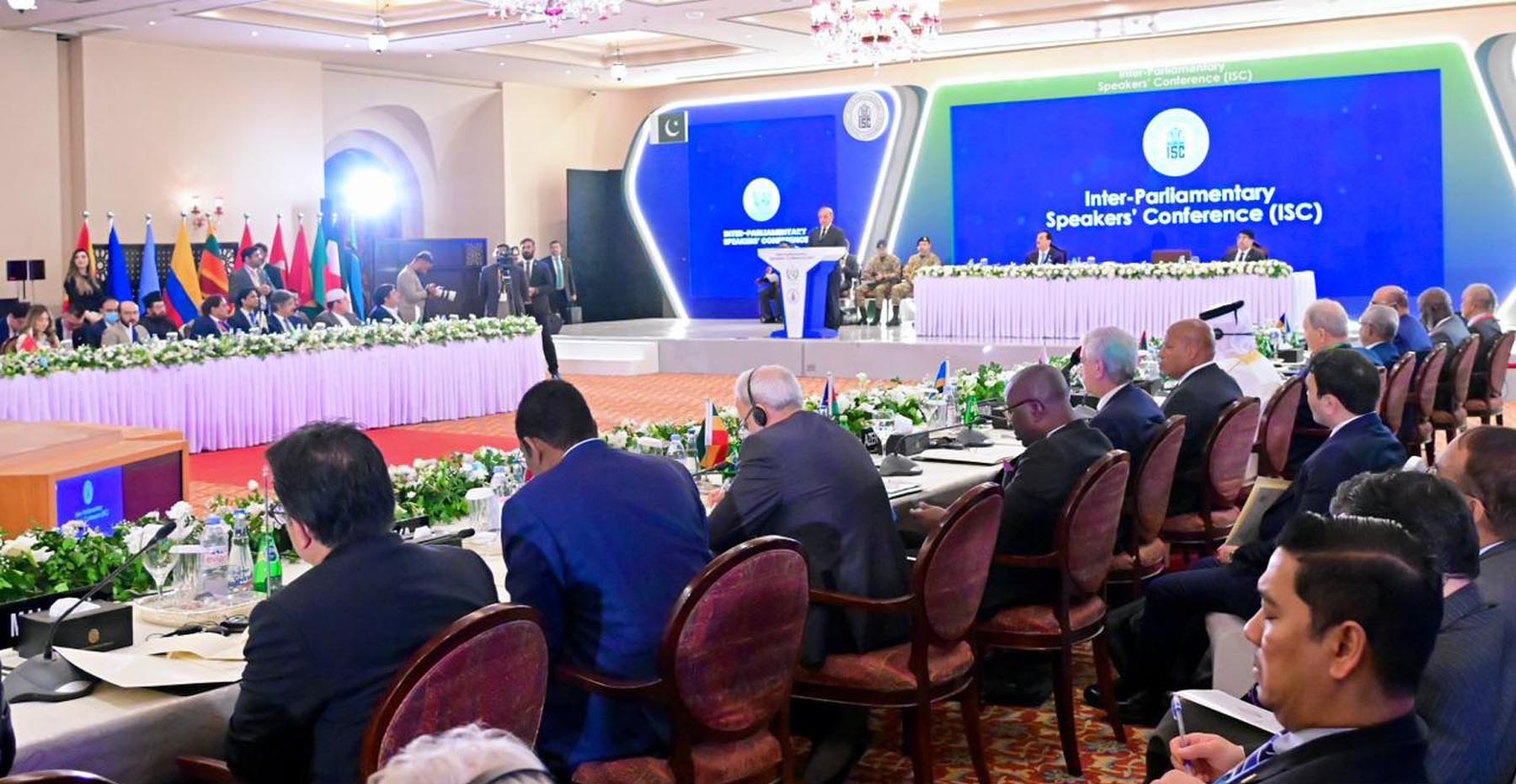
.jpg)
